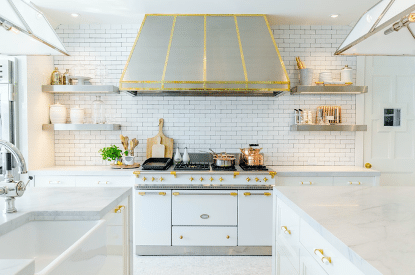Here’s the situation. Things are still uncertain but one thing you know for sure is that these renovations need to be done; however, with the world having slowed down lately, we’ve all become a bit more conscious about our expenses. The silver lining is where you can see clearly financially through this renovation and that boils down to creating a solid budget. We’ve come across quite a few and have gathered the best tips when planning a renovation budget.
11 Tips on how to budget for renovations

- Identify how much you can spend and how much you will take a loan for if that is the case.
- Prioritize the work you will be doing according to feasibility. The catch is that certain projects cannot be completed until others have been installed. Electricity and plumbing being the most common.
- Research materials based on your boards. This will give you an idea of pricing related to the look and functionality you are trying to achieve.
- Start with small projects that require little money, speak to your contractors and architects about modular renos.
- Think about how long you will be living in this house and spend according to its value, especially if you are inclined to sell it eventually. Consider the neighborhood your house is in and what houses in the area usually sell for. You don’t want your stunning closet or kitchen to bring up the price of your house to the point where you are unable to sell it for what it is worth.
- Set aside 8-15% of the value of the house for your kitchen renovations, especially if you are seeking custom finishes.

- Request a minimum of three quotes, and remember that the cheapest is not necessarily the best.
- Budget at least 10% for the unexpected. There will always be an unexpected expense or a budgeting mistake towards which this extra line for contingencies will save you from overspending.
- Be smart about where you cut costs – make sure you are not cutting something that is vital, consult your contractor’s opinion about what you can cut and what is a must.
- Consider refurbishing or repurposing before demolishing. For instance, cabinets cost around 30% of a kitchen budget but if the ones you have are still in good shape, see with your contractor about repainting, changing hinges and knobs before you opt for complete woodwork.
- Request pricing for alternative materials especially for flooring and countertops – there are affordable options that look great and can last quite a long time! However, be careful not to compromise quality over price, especially if you want a long lasting product.

Our team at Iliv accompanies our clients during the entire process of the renovations. You see, we believe that creating your sanctuary, a home in which you feel good and love to be, should not put a strain on your finances.
With Love,
Nathalie
